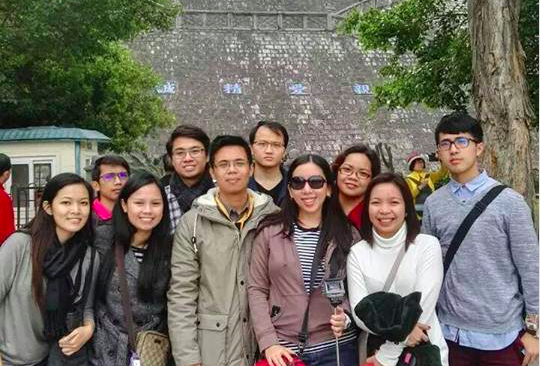
We have previously featured scholars and institutions we consider as having shared vision and advocacies as our organization, APPFI. In this issue, we would like to introduce seven young scholars who as graduate students of the University of the Philippines have been studying and conducting research on international relations with a special focus on China.
Having saved up for their airfare, on the 18th of December 2015, they flew from Manila and were welcomed by the bone-chilling December weather of Guangzhou. They attended a students’ forum at Jinan University where they talked about Philippines-China relations, and held a roundtable discussion with scholars and professors from Sun Yat Sen University where history, politics, and West Philippine Sea issues were discussed.
Some considered the trip a life changing experience as their prior knowledge of China had been based mainly on books and the Internet. Though some of them had visited before, they had done so as tourists without the intention of penetrating the Chinese cultural “Great Wall.” For this trip, they had every intention to dig deeper with the purpose of forging ties, attaining understanding, and at the same time, learning from their Chinese counterparts.
This edition of Friends and Partners shows us that no effort is too big or too small in our desire to improve ties with our Asian neighbours. Let us get to know the seven and their insights on their life-changing trip to China.
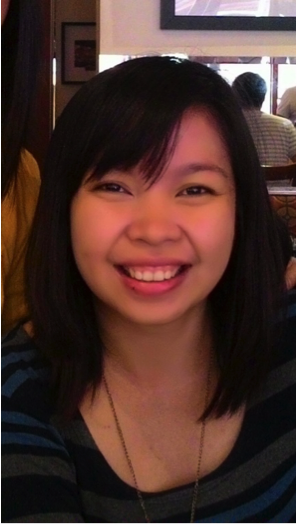
Ivy Ganadillo (Master in Asian Studies)
What were your expectations before the trip?
Even if it was already my second time visiting Guangzhou, I was really excited for my colleagues who were visiting for the first time. I hoped that everyone of us would appreciate China’s society and culture better through that experience, be enticed to pursue China studies, and become more passionate about learning this field.
What significant learnings and realizations did you get from the trip?
People-to-people relations are very important. China and the Philippines have a lot of differences but we also do have commonalities that we could work on for the advancement of both nations. We should understand that China is so huge that many aspects of it should be explored and understood. In our own way, we could promote understanding and become ambassadors of goodwill for our country.
What we did were simple dialogues with our Chinese counterparts but we were glad to hear them say that they now have heard the Filipinos’ side on the different topics presented. It is better to hear things in person rather than just relying on books and the media, as it builds trust and cooperation better. I hope that we could do more of this kind of activities not only in China but also in the Philippines.
Janina Tan (Master in Asian Studies)
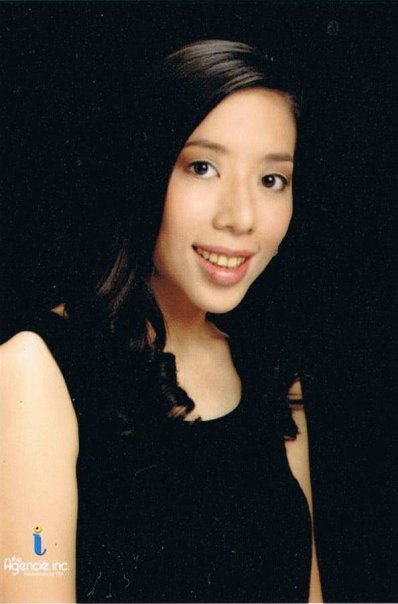
Where did your interest in China come from?
It began with an attempt to gain more knowledge and understanding on why Chinese communities work the way they do. Growing up in a Chinese family in the Philippines, I was witness to varying references to Chinese culture and traditions within the same community. So I wanted to know how these came to be and where these originated from. At the same time, as I followed the news and issues regarding China, I realized that I wanted to help provide some clarity to these issues as I believe that there are still not enough China scholars as of the moment.
What significant learnings and realizations did you get from the trip?
I've realized how foreign I've become to a country that my ancestors used to consider home. Yet the fascination came with realizing commonalities with the people there rather than the differences. I've been to China quite a few times and every time, I always discover something new, or that some things have changed.
What is your vision of the future when it comes to China and the region/the world?
I believe that China will continue on its peaceful rise towards becoming a modern society that will be one of the top initiators of peace and development together with other world powers.

Tricia Villa (MA Political Science)
Where did your interest in China come from?
In one of my undergraduate classes, we were required to write a research-based essay on Chinese ideologies ranging from Confucius to Deng Xiaoping thought. Reading Dr. Sun Yat Sen's "San Min Chu I" was what really captured my interest. The experiences of China during this period were almost the same as those of the Philippines under the Spaniards and the Americans. My final paper was a portrayal of the developments of ideologies by Confucius, Sun Yat Sen, Mao Zedong and Deng Xiaoping, indicating how all these ideologies are rooted in Confucianism's idea of a continuous search for peace and harmony. After this I started reading more on Chinese history, but who will be able to finish reading 4,000 years of recorded history, anyway?
What significant learnings and realizations did you get from the trip?
I did not expect anything too grand from the trip but I did have a lot of valuable insights when I came back to the Philippines. While it was not really my first time to visit China, this trip is much more valuable for me. I found out that the Chinese people are very nice and accommodating—contrary to their image created by the media as rude and messy. What I did find most interesting is the resemblance in southern Chinese facial features to ours, as well as the kind of food that they serve.
My most important realization from this trip is that you really have to treat yourself as an outsider when looking at different cultures. We need to veer away from the "imperialistic" mind set. Just because the customs practiced by another group of people are different from yours doesn't mean they are wrong and socially unacceptable. More so, these differences in customs can be best understood by looking closer into their history.
Krystal Sembrano (Master in International Studies)
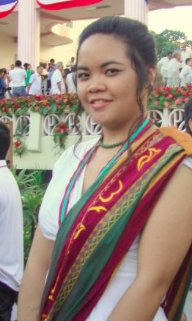
Where did your interest in China come from?
With the continuous issue of the South China Sea dispute, it is my responsibility both as an International Studies student and as a Filipino citizen to be aware of what is happening on the subject. The South China Sea dispute got me intrigued, so I want to better understand their behavior. On the other hand, as a linguistics graduate, I also am interested about the Chinese language, its culture, and how these can further explain the psyche of the Chinese population.
What were your expectations for the trip?
I view the trip in three ways - an academic endeavor, an opportunity for cultural immersion, and a chance for personal internalization. I wanted to learn what the thoughts of Chinese students are on Philippines- China relations. I also saw it as a chance to feel Chinese culture first hand. I have always been fascinated by culture and what better way to understand culture than to go to the country itself. Lastly, I am currently on a personal journey as a scholar to find my field of interest. I was hoping that the trip would provide me some answers to some of my personal questions.
What significant learnings and realizations did you obtain from the visit?
It became clearer to me how there are always two sides of everything. Even academically, there are many differences between the two sides. Throughout the trip, I was always wondering how both countries can resolve their conflict. My interaction with the Chinese youth emphasized the important role that they play when it comes to mending the relationship between the two countries. What we need are a wider perspective and a deeper understanding of each other's culture, mindset, and interests.
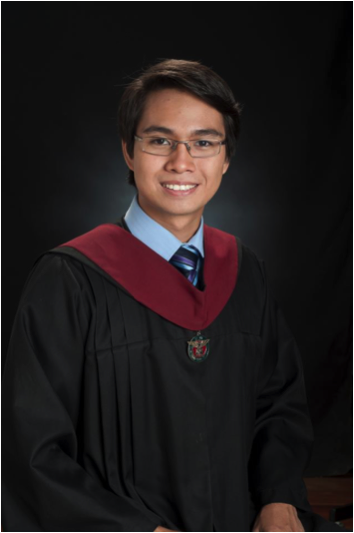
Paulo Villar (Master in Asian Studies)
Where did your interest in China come from?
During my years as an undergraduate student, we had a class about the history, culture and politics of East Asia. Our professor focused on China and understanding the other Sinic cultures. Their ability to adapt and be pragmatic fueled my fascination, but also how they would narrate their own historyas a history of class struggle.
What significant learnings and realizations did you obtain from the visit?
There are mixed feelings of the citizens towards Chinese Communist Party members but not towards the Party. Guangzhou city showcases the grandeur of Chinese development but in the bowels of the city, remnants of the past can be seen amidst the hustle and bustle of a modern metro.
At one of the hotels we stayed in, a small collection of books was placed in the rooms. Not a single book about communism, BUT Adam Smith's The Wealth of Nations was there. This is very striking to me.
What can you say to all those who want to study China and take up China studies?
Contrary to the prevailing notion that an understanding of Confucianism is an ideal anchor to the study of China, the Chinese language is much more integral. It showcases how the Chinese think as well as opens doors to dwell deeper into the Chinese civilization from the inside and not from an interpreted understanding.
Florence Principe (Master in International Studies)
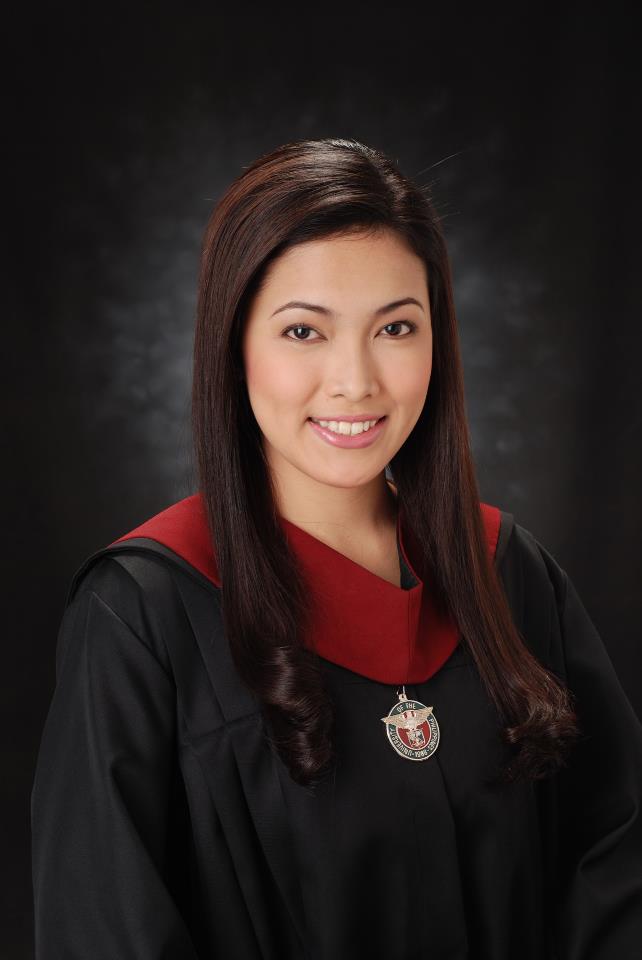
Where did your interest in China come from?
As a student of International Studies, the rise of China is among the most interesting topics that continuously shape international society today. I was, at first, interested to see the relationship between China and the Philippines due to the South China Sea disputes. Later on, the topic drew my attention to the bigger role that China plays in the region and in the world as a whole.
What were your expectations from the trip?
In class, we have studied the history and culture of the Chinese society. We have discussed how an ancient civilization like China’s has coped with political and cultural challenges, and modernization. I was expecting to see how the fusion of the ancient and the Chinese concept of modernity are translated in their society.
What significant learnings and realizations did you get from the trip?
To have an understanding of China’s actions and policies, one would also need to look at its history, ideas and culture. A culture is best understood when you experience it firsthand. In the brief stay in Guangzhou, we visited places showing both China’s economic progress and how the Chinese still value Confucian traditions and their ancient history.
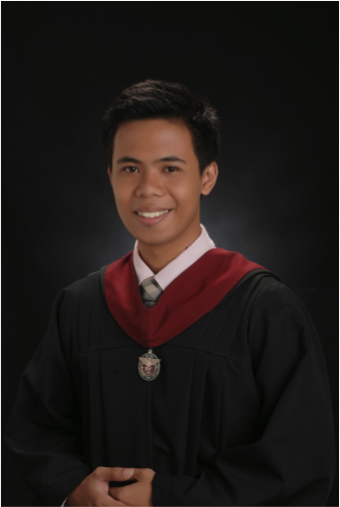
Philip Alegre (Master in International Studies)
What were your expectations from the visit?
It was my first time to go to China. I was really excited to experience the culture firsthand and meet people, especially scholars, who have the same research interests as mine and are working on making Philippines-China relations better.
What are the most significant learnings and realizations that you obtained from the visit?
People can be easily misunderstood. There is a serious cultural and language barrier which I believe are very important aspects that we as Filipinos should work on if we want to improve relations with China. We can’t ignore this gap, and it’s overwhelming to realize that we’ve been engaging with a way of thinking that is totally different from that of China. Understanding the language and the culture are two of the most important steps.
What can you say to all those who want to study China/take up China studies?
I welcome everyone to study Chinese culture and its role in the contemporary world. Analyzing the international arena is really awesome, highly valuable, and really exciting. Plus you get to serve the country by contributing to the development of our foreign relations. So hop in & enjoy!
The group of seven scholars is united in their call to keep an open mind in dealing with China. China’s long history and rich culture surely have a lot of aspects that we need to understand. The group encourages everyone to study China and even take up China studies, as well as to take part in efforts to improve Philippines-China relations.
---
You may also know more about the trip at APPFI's website, UP's Asian Center website and Jinan University's website. Know more about the seven student's initiative! Visit their webpage at https://thecoreinitiative.org/.
